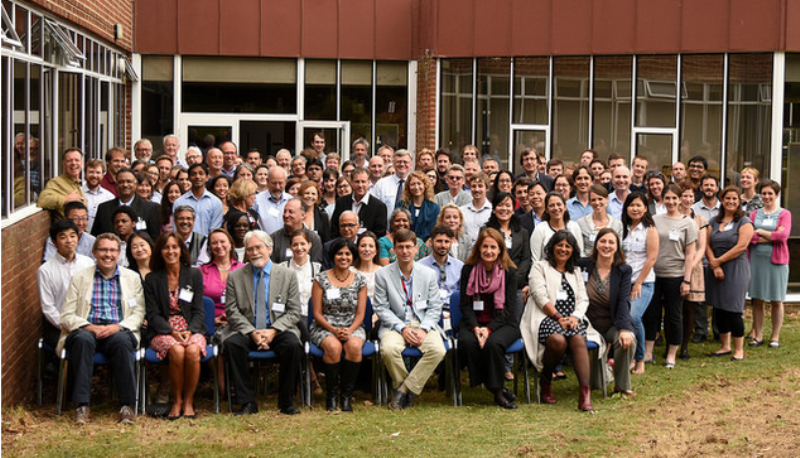
Members of the ENERGISE team (Marlyne Sahakian, Charlotte Jensen, Audley Genus and Edina Vadovics) organised a session on ‘Energy Consumption Transitions and Social Change’ at the Global Research Forum on Sustainable Production and Consumption (GRF-SPaC) “Sustainable Lifestyles, Livelihoods and the Circular Economy” conference, which took place at the University of Sussex, Brighton, United Kingdom, between 27-29 June 2017.
The session featured papers presented by Marlyne Sahakian, Audley Genus, Senja Laakso of University of Helsinki, Dan Welch from University of Manchester, and Lina Brand Correa from University of Leeds, preceded by an introduction to the ENERGISE project given by Marlyne, Charlotte and Audley. The session aimed to bring people together with a view to exploring dynamics of, issues with and opportunities for social change and intervention related to energy consumption.
The papers and subsequent discussion covered a range of areas and issues in this respect. Some of the key points raised or questions posed included the following:
- Futures, in terms of what is imagined and ‘projected’ into plans for sustainable transitions and/or sustainable energy initiatives, are important to explore, discuss and challenge. What are imagined futures built upon, and what are they implying?
- Connections between energy supply and energy demand are culturally dependent (amongst other things), and they are subject to negotiation, which is something that (co-produced) interventions might tap into.
- Experimental governance requires a good understanding of different actors’ expectations to be potentially successful.
- Issues of legitimacy are important to consider in terms of renewable energy initiatives/sustainable energy consumption initiatives. How is legitimacy obtained, maintained and perhaps lost between actors/stakeholders and in the relationships between them?
- It is important to acknowledge how/if dominant norms are ‘vehicled’ in current initiatives (such as eco or energy initiatives) – approaches such as nudging might implicitly be embodied in initiatives, with implications for what is being targeted and for the delegation of responsibility (individual vs social).
These matters of concern will be included and further explored in the unfolding of ENERGISE, particularly in relation to WP2 Typologies of Sustainable Energy Consumption Initiatives, WP3 Designing Living Labs, WP 5 Comparing Energy Cultures and WP6 Policy Integration.
The presentation by ENERGISE researchers Audley Genus and Marfuga Iskandarova on the Legitimacy: the key to unlocking the transformational potential of community renewable energy (CRE) is available here
Photo: Institute of Development Studies